No, casinos are not currently legal in Japan. While other forms of gambling are legal in Japan, such as horse racing and certain lottery games, traditional casinos are not permitted.
Note that there have been ongoing discussions and debates about the possibility of legalizing casinos in Japan to increase tourism and boost the economy. Indeed, Japanese lawmakers passed legislation in July 2018 that authorized the establishment of three casinos, called integrated resorts (IRs), in the country.
But so far, no IR casino has yet to be opened to the public in Japan. If you are interested in gambling while visiting Japan, other options are available such as horse racing, boat racing, pachinko, and certain lottery games. You can also gamble at overseas-operated online casinos in Japan, although online gambling is illegal for Japanese people.
Gambling on Public Sports in Japan
Gambling is a controversial topic in Japan, and the laws governing it are relatively strict. Traditional forms of gambling, such as casinos, are currently illegal in Japan, except for government-licensed Integrated Resorts.
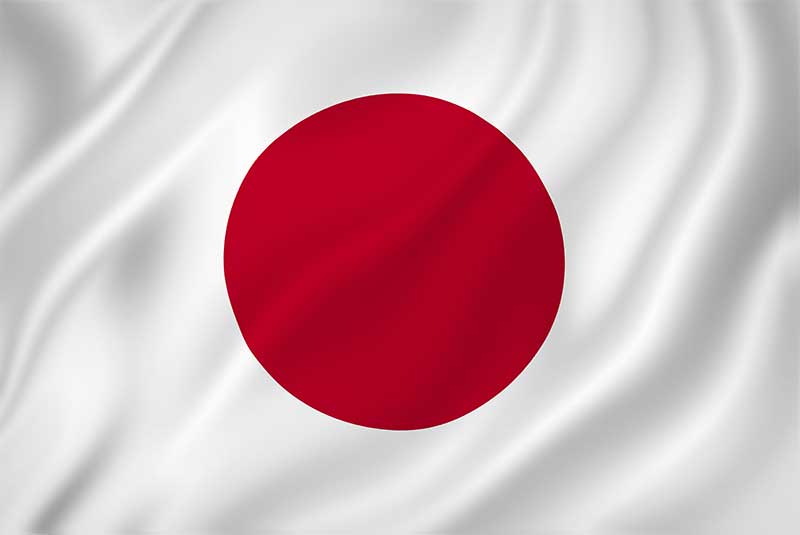
However, certain other forms of gambling are allowed. They are duly regulated by the government and deeply ingrained in Japanese culture.
These include:
Horse Racing
More money is spent on horse racing bets at tracks in Japan than in any other country. These race tracks are often crowded with people, and in one particular year, Japanese bettors wagered $38 billion on horse races – three times the amount spent by Americans. The government receives 10% of the money spent at ten national courses and makes hundreds of millions of dollars from its share of betting receipts.
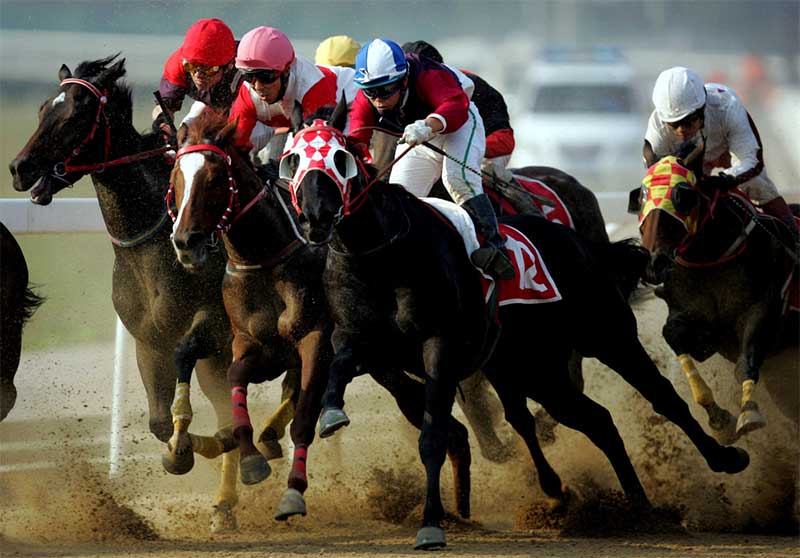
There is no age limit to watch the race, but individuals must be at least 20 years old to place bets. The Japan Central Racing Association, a government-funded organization, organizes most horse racing events in Japan. These events take place at ten race tracks across the country 36 times a year. Off-track betting booths can also be found throughout Japan. It is not recommended to attend races that are not organized by the Japan Central Racing Association.
Japanese punters often place bets at racetracks in major cities such as Tokyo, Osaka, and Kyoto, as well as at off-track betting outlets called WINS and JRA.
These outlets are closed on weekdays. Japanese bettors typically choose between two types of bets:
- Quinellas (the top two horses in any order)
- Win or show bets
Other types of bets popular in the United States are not commonly used in Japan. Around 12% of people who place bets on horse races in Japan are women. You can place bets on horse racing through a system called parimutuel betting. The odds of winning are determined by the total amount of money bet nationwide.
You can make your bets at racetracks run by the Japan Racing Association (JRA) or at special betting outlets called WINS. To place a bet, you’ll need to have a computer-readable card and know the following information:
- The number or bracket of the horse you want to bet on
- The number of the race
- The track where the race is taking place
- The type of bet you want to make
Boat racing
Betting on boat racing, or “yacht racing,” is also legal in Japan and is regulated by the Japan Boat Racing Association. Boat racing involves betting on the outcome of races between small boats or yachts. These races are held at various venues around the country, and betting on boat races is regulated by the Japan Boat Racing Association (JBRA).
To participate in boat racing betting, individuals must be at least 20 years old and register with the JBRA.
You can place myriad types of bets on boat races, including bets on the race’s overall winner, bets on the order in which the boats will finish, and bets on specific boats or drivers.
Keirin (Cycle Racing)
The Japanese bookmaking industry is highly developed, so it’s not surprising that there is a sport event called Keirin where people can place bets. Keirin is a bicycle racing competition that takes place at a few velodromes in the country.

Although it has traditionally been seen as a male-only sport, female racers have started participating in recent years, which has increased the diversity of betting options. Additionally, Keirin has gained popularity in South Korea, which has recently opened its first velodrome dedicated to the sport.
Toto (Legal Soccer Betting Pools)
Toto is the name of the government-sponsored sports lottery in Japan, which includes soccer betting. It is legal to participate in Toto in Japan. Toto is operated by the Japan Sports Agency, which is a government-affiliated organization. In addition to soccer, Toto offers betting on a variety of other sports, including baseball, basketball, and golf. To participate in Toto, you must be at least 18 years old.
How Toto Works
Toto is a parimutuel betting system, which means that the payout odds are determined based on the total amount of money wagered on each outcome. To place a bet on Toto, you need to choose the team or player you think will win the game or match, and select the amount you want to wager. If your prediction is correct, you will receive a payout based on the odds for that outcome.
Types of toto bets
Toto offers a range of betting options for soccer games, including bets on the winner of the match, the total number of goals scored, and the correct score. You can also place combination bets, which allow you to combine multiple predictions into a single bet.

Toto betting limits
There are limits in place on the amount that can be wagered on Toto. The minimum bet is typically 100 yen, and the maximum bet varies depending on the type of bet and the specific game or match.
Toto Taxation
Winnings from Toto are subject to Japanese income tax. The tax rate is typically 20% for winnings over 200,000 yen.
Pachinko Parlors in Japan
Pachinko parlors are an equivalent of land-based casinos in Japan.
What’s Pachinko?
Pachinko is a popular form of gambling in Japan that is played in parlors throughout the country. It’s a type of pinball game in which players attempt to control the movement of small metal balls by using levers and buttons.
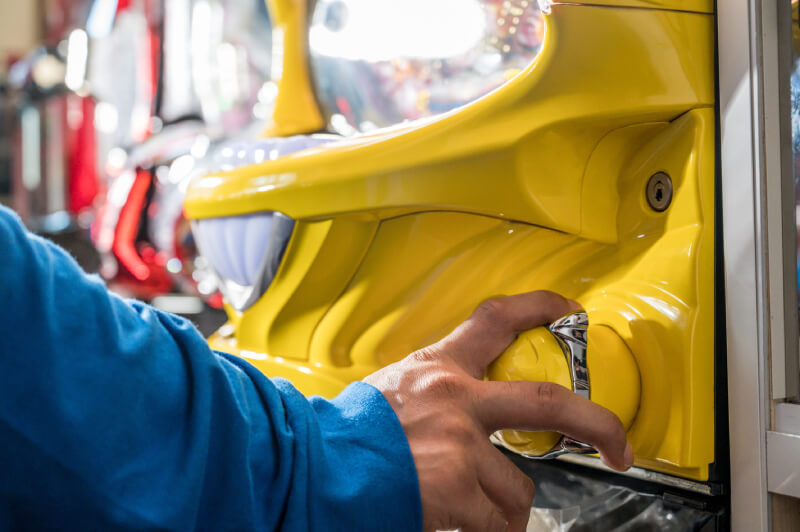
The objective of the pachinko game is to get the balls to land in certain patterns on the playing field, which can trigger additional balls or other rewards. Pachinko parlors can be found in many cities and towns in Japan, and they are often open late into the night.
Gambling at Japanese Pachinko Parlors
In a typical pachinko parlor, players buy a supply of metal balls and then use them to play one or more machines. Players can either try to win more balls, which can be exchanged for prizes or cash, or they can try to win vouchers or tokens that can be exchanged for cash at the counter. Pachinko parlors often have a wide variety of pachinko machines to choose from, and some also offer other forms of entertainment, such as slot machines or video games.
In a pachinko game, players shoot small metal balls into a machine and try to get them to land in a specific hole. If a player’s ball lands in the special hole, they win more balls as a prize.
These balls can be exchanged for prizes of different values at a booth in the pachinko parlor. It is illegal to give out cash at pachinko parlors, so players usually exchange the balls for tokens, which can then be taken to a nearby shop and exchanged for money.
The shops that exchange the tokens for cash are often owned by the same people who operate the pachinko parlors, but as long as the players do not receive cash directly from the parlor, the law is intact.
Although pachinko is considered a form of gambling, it is technically legal in Japan. Some restrictions are in place to prevent excessive play and protect against problem gambling. They include imposing limits on the amount of money spent on pachinko and the requirement that players exchange their winnings for prizes rather than receiving cash directly.
Are Pachinko Parlors Legal in Japan?
Yes. Pachinko is considered to be a form of gambling, but it is not legally classified as such due to its cultural and historical significance in the country. There are around 12,500 to 20,000 pachinko parlors in Japan, and they are operated by private companies.
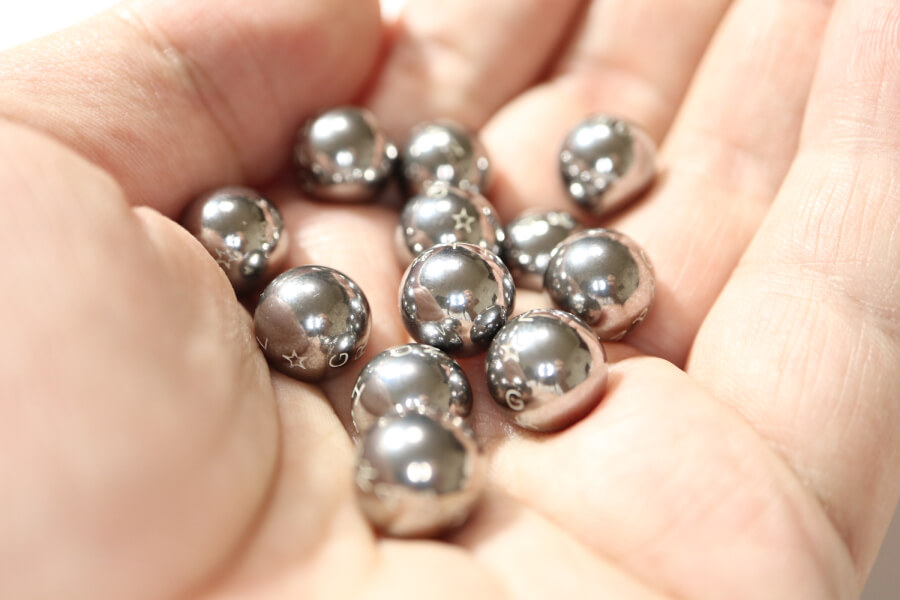
Japanese people spend approximately $200 billion on pachinko each year, and it is a popular pastime in the country, with many people spending a significant amount of their leisure time playing it.
Lottery Betting in Japan
In Japan, it is legal to bet on the lottery. The government-run lottery in Japan is called the “Takarakuji” and is regulated by the Takarakuji Law. There are various types of lottery games available, such as “Loto 6,” “Mini Loto,” and “Number Toto.” Lottery tickets can be purchased at authorized retailers or online, and drawings are held on a regular basis. Many people in Japan participate in the lottery as a form of gambling.
Are There Casinos in Tokyo?
There are no casinos in Tokyo. However, in 2018, there are plans to open an integrated resort (IR) casino complex in Tokyo. The other two IR casinos are to be located in the cities of Yokohama and Osaka, respectively. The government of Japan formed the Casino Administration Committee back in 2020 to manage and oversee these integrated resort operators.
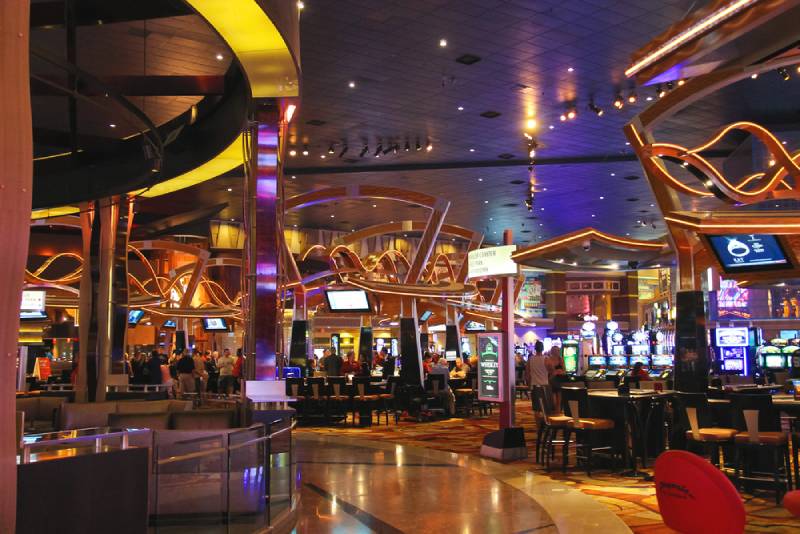
Note that pachinko halls are often seen in Tokyo and the rest of Japan as some sort of “casinos.” In that respect, Tokyo has the highest number of pachinko halls or “casinos” in Japan. The prefecture has more than 680 pachinko parlors, as of 2021.
Other casino-like gambling halls in Japan include video arcades, poker rooms that offer live casino games, gaming bars, and even gambling restaurants.
How many casinos are in Japan?
There are no traditional casinos in Japan right now. But that is going to change soon. In 2018, lawmakers in Japan passed a bill that officially permitted casinos to be established. According to the bill, three major Japanese cities will open integrated casino resorts, namely Tokyo, Osaka, and Yokohama.
However, if you consider pachinko parlors to be casinos, Japan has around 8,500 gambling halls. The largest pachinko parlors, which equal casinos in the traditional sense, are about 20,000, but they don’t offer classic casino games like blackjack, slot machines, or video poker.
How old do you have to be to go to a casino in japan?
You must be at least 20 years of age to go to a casino or gamble legally in Japan. The only exception to the rule applies to Pachinko parlors. You must be 18 or older to play at a Pachinko parlor.
Pachinko parlors don’t allow high school students to enter or play at their establishments even if they are older than 18.
Is there any casino in Japan?
At the moment, there is no legal casino in operation in Japan. There are three integrated resort casinos planned for the cities of Tokyo, Yokohama, and Osaka.
Note, however, that there are rumors that the international underground crime syndicate Yakuza runs some illegal casinos in the country.
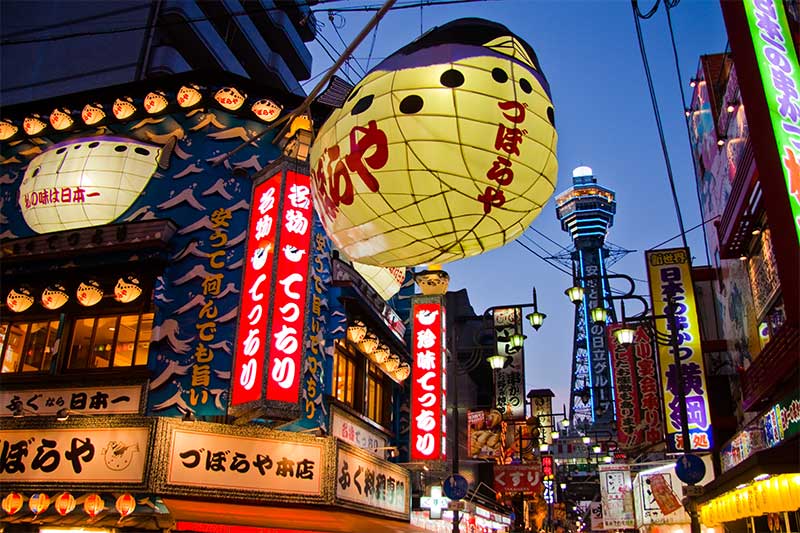
There are also foreign-based online casinos that target Japanese gamblers. You should keep in mind that Japanese authorities have cracked down on individuals that gamble at these online gambling sites.
The only currently legal “casinos” in Japan are racing bet racks, government-run lotteries, and licensed pachinko parlors.
What is Japan IR?
Japan IR stands for “Integrated Resort” and refers to a large-scale development that combines a casino with other amenities such as hotels, restaurants, and conference facilities. The Japanese government is considering allowing the development of Japanese IRs as a way to boost tourism and stimulate the economy.
These Japanese casino hotel resorts will come with a few restrictions that include …
- Every Japanese visitor will pay an entrance fee of ¥6,000 meant to prevent gambling addiction.
- Japanese residents can go to the casino no more than three times per week
- Locals are not allowed to visit these Japanese casino resorts more than ten times per calendar month
However, casino gambling is currently illegal in Japan, so any legislation to allow the development of Japanese IRs would need to change the current laws. There are ongoing discussions and debates about the potential benefits and drawbacks of legalizing casino gambling and allowing the development of Japanese IRs in the country.
The Legalization and Bidding for Integrated Resort (IR) Casinos in Japan
In July 2018, the Japanese government passed the Integrated Resorts (IR) Implementation Act to allow for the establishment of three casinos, known as integrated resorts (IRs), within the country. These IRs will have certain restrictions, including a limit on the number of visits Japanese citizens can make per week or month and a required entrance fee for Japanese visitors. These measures are intended to help prevent gambling addiction.
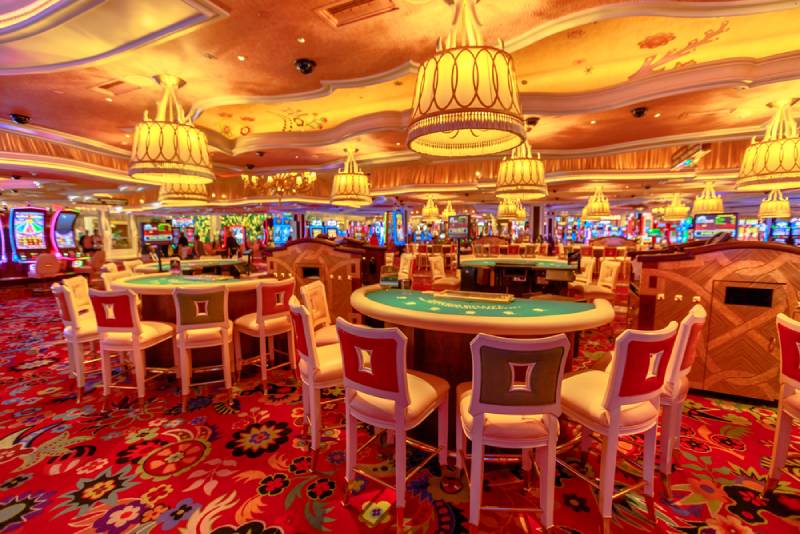
When a law passed in mid-2018 allowed for the construction of integrated resorts (IRs) in Japan, many casino operators around the world saw it as a chance to enter the Japanese market, which is the third-largest economy in the world with a population of 125 million. In response, several cities and prefectures in Japan established offices to study the possibility of building IRs.
Osaka IR Casino
In 2019, Osaka started a process called “Request for Proposal” (RFP) to determine which company would be granted a license to build an integrated casino resort in the city.
Five companies applied for the permit:
- Genting Singapore
- Las Vegas Sands
- Melco Resorts
- MGM Resorts
- Wynn Resorts
Two other companies also applied but requested to remain anonymous. In February 2020, only MGM Resorts submitted a bid for the Osaka license. The other companies, including Las Vegas Sands, Melco Resorts, and Wynn Resorts, decided to focus on the bidding processes for the remaining two licenses in Yokohama and Tokyo instead. As a result, MGM was awarded the contract for the Osaka license.
Under the leadership of former CEO Jim Murren, MGM Resorts was very interested in investing in Japan’s casino industry, with some sources saying they were willing to spend over $10 billion on an “Osaka-first” campaign.
However, after competitors Galaxy and Genting Singapore withdrew their bids for a casino in Osaka in February 2020, MGM became the only tier-one operator pursuing a casino license in Japan.
In March 2020, Jim Murren was replaced by Bill Hornbuckle as CEO and President of MGM Resorts. Hornbuckle has taken a more cautious approach to investing in Japan, stating in July 2020 that the company would only make an investment if it was “prudent” and would meet their expectations for returns. Some analysts have speculated that MGM Resorts may reduce its stake in a Japanese integrated resort or withdraw entirely from the Japanese casino market to focus on acquisitions in the online gaming space.
Wakayama IR Casino
In June 2021, Clairvest was chosen as the operator partner for Wakayama’s bid to build an integrated casino resort in the region. At the time, Clairvest was the only company left in the running for the project, as all other interested parties had withdrawn. A basic agreement between Wakayama and Clairvest was signed in August 2021.
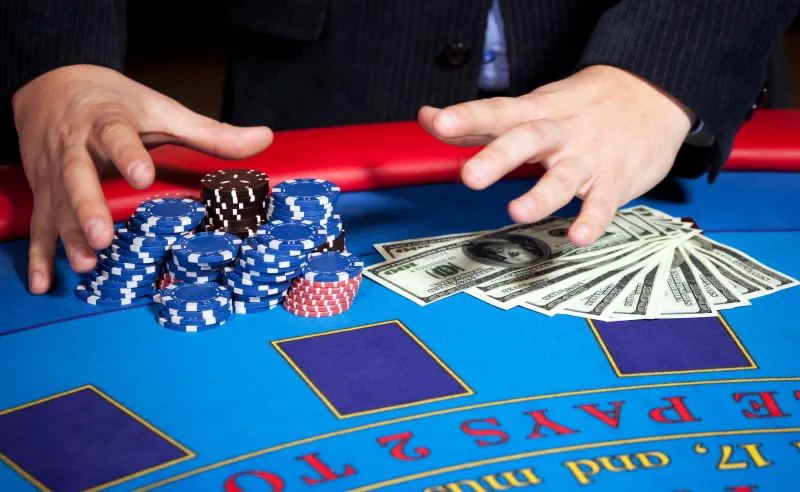
The Clairvest consortium includes AMSE Resorts and Mario Ho of the Ho casino family in Macau. Clairvest has announced that Caesars will be their operator partner, but Caesars still needs to commit to investing in the project, which is expected to cost around $4.3 billion. Wakayama prefecture and Clairvest have not provided further details about the project or its funding. It’s worth noting that Clairvest’s market capitalization is less than $1 billion, which is a small fraction of the projected investment for the casino resort.
Nagasaki IR Casino
On August 6, 2021, Nagasaki chose Casinos Austria International Japan (CAIJ) as its preferred partner for a casino development project. Just 24 days later, the two parties signed a basic agreement for the project. The development is expected to cost around JPY 350 billion (approximately $3.2 billion) and aims to attract 8.4 million visitors annually.
However, achieving this number of visitors may be challenging due to Nagasaki’s location and the amount of inbound tourism that Japan has historically seen.
The process of selecting the operator for the Nagasaki casino project was contentious, with other bidders, Oshidori International Development and NIKI Chyau Fwu (Parkview) Group, claiming that Nagasaki Prefecture pressured them to withdraw from the bidding process.
What are casinos called in Japan?
Pachinko parlors. Pachinko parlors, which are similar to casinos, can be found throughout Japan. These venues often feature slot machines, known as pachislo or pachislots, in addition to pachinko games.
What can 18-year-olds do in Japan?
In Japan, individuals who are 18 years old are considered to be adults and are granted many of the rights and responsibilities of citizenship.
Some of the things that 18-year-olds in Japan can do include:
- Vote in national and local elections
- Serve on juries
- Get married without parental consent
- Legally change their name
- Enlist in the military
- Sign contracts and take out loans
- Be held fully responsible for criminal acts
Of course, there are some things that 18-year-olds in Japan are not yet legally allowed to do, such as purchasing or consuming alcohol and participating in gambling activities. Talking of gambling, 18 year olds in Japan can visit and play at pachinko parlors.
What is a Japanese casino?
A pachinko parlor is often regarded as a Japanese version of a traditional casino. Pachinko is a type of pinball-like game that is played in parlors throughout the country, and it has elements of both skill and chance.
Why is there no casino in Japan?
Casino gambling is currently illegal in Japan, so there are no casinos in the country. Gambling has a long history in Japan, and there are many forms of legal gambling in the country, such as betting on horse, bicycle, and boat racing, participating in the government-sponsored lottery, and playing pachinko.
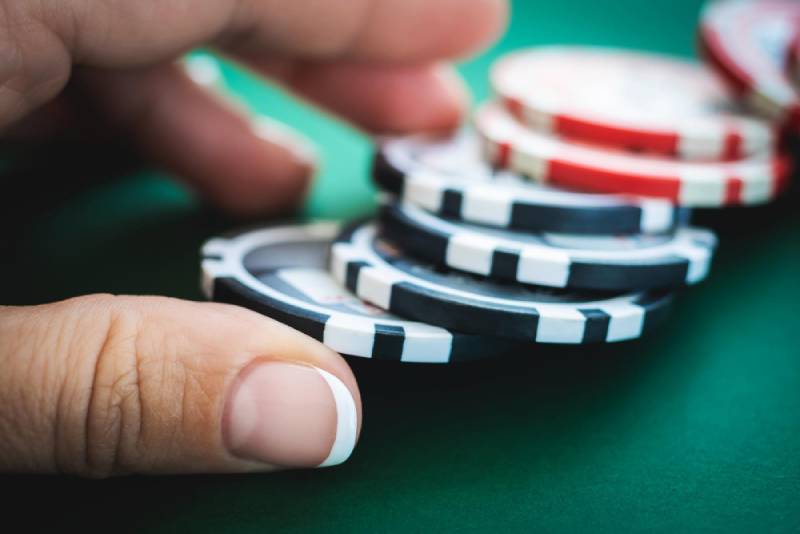
However, casino gambling has been traditionally viewed as a social problem in Japan, and it has been illegal in the country for many years.
What is gambling like in Japan?
Gambling is a popular pastime in Japan, with many people participating in legal forms of gambling such as betting on horse, bicycle, and boat racing, playing the government-sponsored lottery, and participating in pachinko.
While gambling is popular in the Land of the Rising Sun, it is also regulated by the Japanese government. There are strict laws in place to prevent gambling addiction and other negative consequences of gambling. For example, there are limits on the amount of time and money that individuals are allowed to spend on pachinko, and there are restrictions on the advertising of gambling activities.
Casino gambling is currently illegal in Japan, although there have been discussions about whether to legalize and regulate casino gambling in the country.
